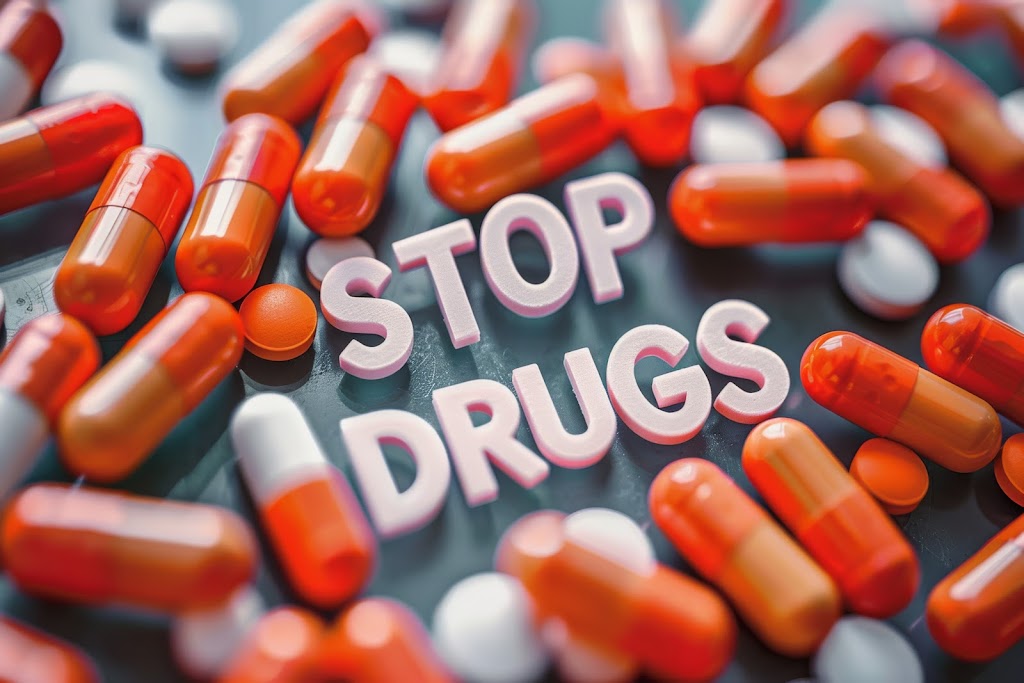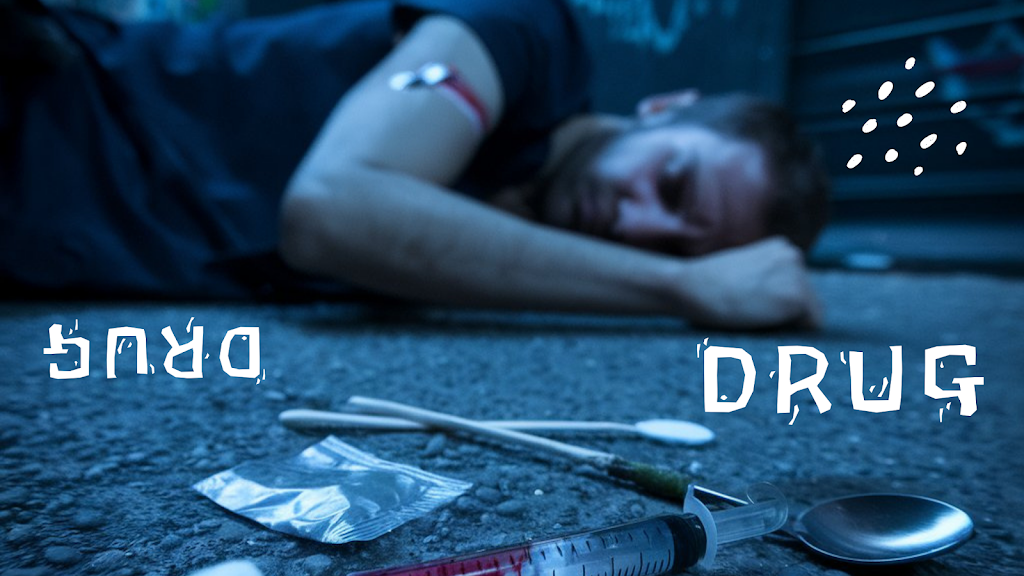For those struggling with addiction, life can feel like a cycle of pain, regret, and hopelessness. But here’s the truth: recovery is not only possible—it’s powerful. Choosing rehab can be the turning point, the beginning of a whole new life.
In this blog, we’ll explore how rehab can change your life, from the moment you walk in the door to the day you walk out stronger, healthier, and free.
1. A Safe Environment for Recovery
One of the biggest barriers to recovery is being stuck in the same environment where the addiction started. Rehab provides a safe, structured, and substance-free space to heal.
What makes this environment different?
- No access to drugs or alcohol
- Daily routines focused on healing
- Supportive peers and staff instead of triggers
- Distance from toxic relationships or stressors
A safe space allows the mind and body to focus on healing—without distractions or risks.
2. 24/7 Support from Experts
Addiction is complex. It’s not just about willpower—it’s about understanding the root causes, managing withdrawal symptoms, and learning how to live differently. Rehab centers are staffed with professionals who are trained to guide you every step of the way.
In rehab, you’ll receive:
- Medical supervision during detox
- Mental health support from psychologists or counselors
- Personalized treatment plans
- Crisis support at any hour
This constant care makes recovery safer, smoother, and much more sustainable.
3. Therapy for Mind, Body & Soul
True recovery isn’t just about removing the substance—it’s about healing what’s underneath. Most rehab programs include a mix of therapies that treat the whole person.
Common therapies include:
- Cognitive Behavioral Therapy (CBT): Helps rewire negative thought patterns
- Group Therapy: Builds community and emotional support
- Holistic Treatments: Yoga, meditation, art therapy
- Dual Diagnosis Support: For co-occurring disorders like anxiety or depression
These therapies help uncover why you turned to substances—and more importantly, how to live without them.
4. Meet Others on the Same Journey
One of the most powerful aspects of rehab is the sense of community. You’ll meet people who understand exactly what you’re going through. This shared experience can be incredibly healing.
Why connection matters:
- You realize you’re not alone
- You gain perspective from others in recovery
- You build friendships that support long-term sobriety
Recovery is hard—but it’s easier when you’re not doing it alone.
5. Learn Life Skills to Stay Clean
Recovery doesn’t end when rehab does. That’s why most programs focus on life after treatment, giving you the tools you need to live confidently and clean.
You’ll learn how to:
- Manage stress without using
- Build healthy routines and habits
- Handle triggers and prevent relapse
- Set goals and rebuild your life
Life skills training is what helps people maintain sobriety for the long haul—not just while they’re in the program.
Final Thoughts: Recovery Is Real. And It Starts Here.
Rehab isn’t the end—it’s a new beginning. It’s a chance to rewrite your story, rebuild your strength, and reconnect with the person you truly are underneath the addiction.
It takes courage to reach out. But once you do, you’ll discover that help is waiting, healing is possible, and hope is real.




